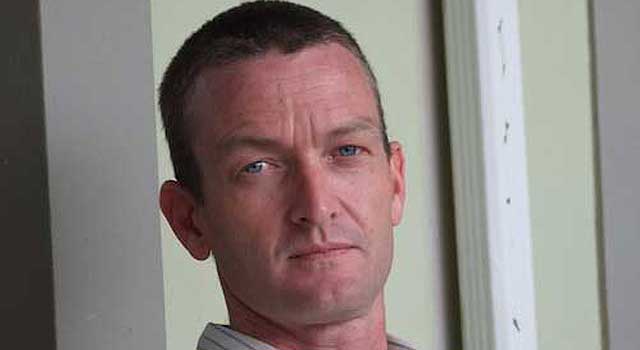
The Internet Service Providers’ Association (Ispa) wants a more open online landscape in South Africa as government formulates new ICT policy.
Government is in the process of formulating a white paper on ICT policy as the country heads toward digital television broadcast migration.
Digital migration will open up more frequencies for telecommunications providers to help them provide faster Internet services, which are key to taking the country’s ICT ambitions forward.
And Ispa has put forward its demands regarding policy.
“Ispa supports in particular the provisions around the triumvirate of net neutrality, open-access service competition and the need to beef up [communications regulator] Icasa. Ispa is further hopeful that all stakeholders will remain focused on the next milestone of a white paper by the end of March 2016,” said Ispa regulatory advisor Dominic Cull.
Telecoms & postal services minister Siyabonga Cwele revealed recently at a parliamentary portfolio committee meeting that a review on South Africa’s approach to ICT policy is necessary because technology has moved faster than regulations can keep up.
Government has been formulating an over-arching ICT policy for years.
“Because there are such rapid changes, policies and laws have to be regularly reviewed in order to set up the framework across the ICT sector. Most of the policies, laws and regulations under review date as far back as the 1990s.”
Ispa generally welcomed the policy review and the process so far, including the recommendations made by the review panel.
“The recommendations made by the panel regarding key issues such as open access and competition provide a clear policy path to the resolution of delivery and cost bottlenecks which are inhibiting greater take-up of broadband services,” said Cull.
While the organisation expressed support for an open internet policy that Cwele also expressed, it warned that government should ensure that dominant players do not monopolise the market, and that net neutrality is maintained.
Net neutrality is the concept of treating all Internet traffic equally and not creating slow or fast lanes on the Web. The concept has been a hot topic in the US.
Countries such as India have also turned their attention to net neutrality after Facebook’s free service Internet.org launched in that country. Facebook has come under fire for skirting net neutrality by offering free access to selected websites.
“An open Internet policy does not preclude reasonable network management, but must prevent anticompetitive behaviour where dominant players use networks to discriminate by prioritising selected data traffic and access to specific services and applications,” said Ispa.
In South Africa, Cwele’s department has expressed support for net neutrality.
“There is an unfair power balance between big corporations who dish out their services and individuals who subscribe to those services. Public interest demands that there should be this protection of the end user so that the end user can recognise their rights which are enshrined here,” said Joe Mjwara, policy review head in the department.
But the department conceded that policy was not always dovetailed with implementation.
Ispa emphasised that without a strong regulator, implementation of any policy review would be compromised.
“The necessary steps should be taken to ensure that Icasa is equipped to implement and enforce the regulation which will translate the new policy into practice. Without a strong regulator capable of implementing new policy and the South Africa Connect national broadband plan we are simply wasting our time,” said Cull. — Fin24

